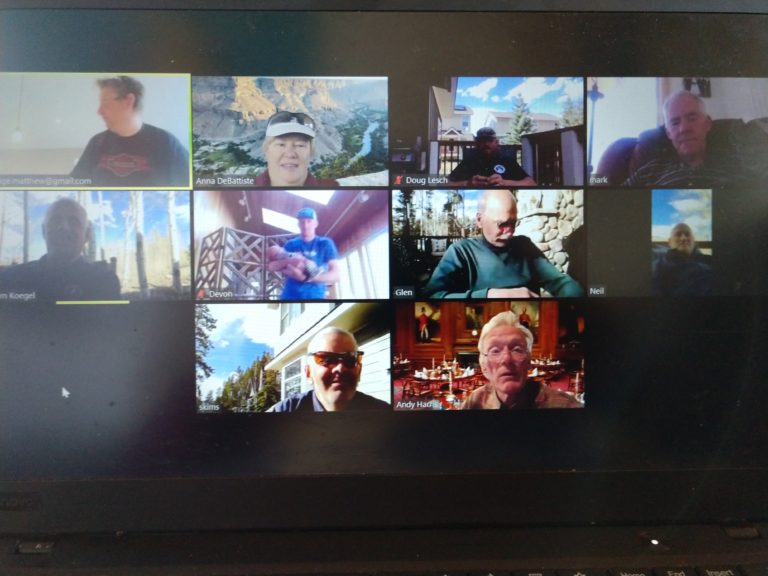Why is it so hard, sometimes, to get out of the mindset that we are powerless to change our circumstances at work?
When I teach a team building class, one of my primary themes is that team members should look for ways to widen your sphere of influence within the team. Is a teammate’s dysfunctional behavior bothering you? Don’t wait for a supervisor to address it, give him or her some feedback. Does your team lack focus and alignment? Don’t wait for management to hand you a mission statement; rally your teammates to engage in some mission and vision creation on your own. Are behavioral style differences driving everyone crazy? Learn how to step out of your comfort zone and flex your own style to meet the needs of your teammates, and teach them to do the same with some direct, honest conversation about pet peeves.
I get challenged on these ideas sometimes, but never as vehemently as in a recent team building class for a federal agency. Many of the participants were young interns, and all from different teams. One of them said, in a burst of exasperation, “Where is the supervisor in all of this? Who’s in charge? Why isn’t he addressing all these things we’ve been talking about?”
I acknowledge the problem as common. We’ve all dealt with a supervisor who has been beaten down by the federal personnel system before and is determined to ignore problems rather than risk trying to address them and having decisions reversed in a grievance or appeals process. Or perhaps it’s just the cliche of the “retired-in-place” supervisor who is counting down the days until her real retirement. Or the supervisor everyone behaves well in front of, who doesn’t see what’s going on behind his back.
But what’s the implication of sitting back and saying that all of these things are up to the supervisor to address? We are dis-empowering ourselves. I said so to my frustrated intern, asking him if he would rather see things as within his control or without. He said it didn’t matter how he saw them because he can’t do anything about it. He asked, quite reasonably, “Why are we the ones in this class? Why aren’t our supervisors here? They’re the ones who need to change.”
I agree that an awful lot of supervisors pass up training that could be useful to them because they think they’ve already been there and done that. But if our younger generations, our leaders-in-the-making, are thinking of themselves as powerless already, where does that leave the organizations of tomorrow? In a whole lot of trouble, that’s where.
As long as individual contributors keep throwing responsibility for everything back on their supervisors, I will keep fighting the crusade. That’s how I take my own advice; by seeing the power to offer a glimpse at a different perspective as being within my own circle of influence. And so I told my frustrated young participant, “You’re right, your supervisors should be here. But 20 years from now they’ll be gone and you’ll still be here. What will you do then?”

Comments are closed.